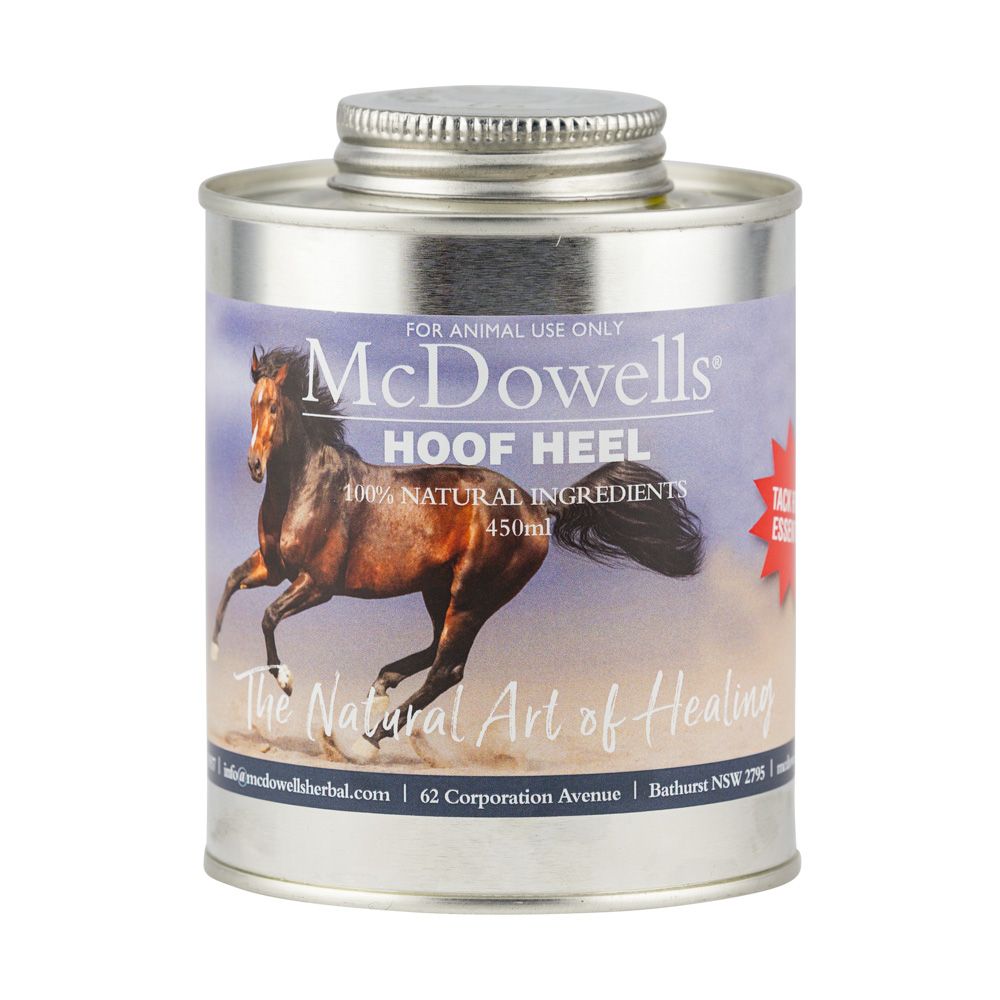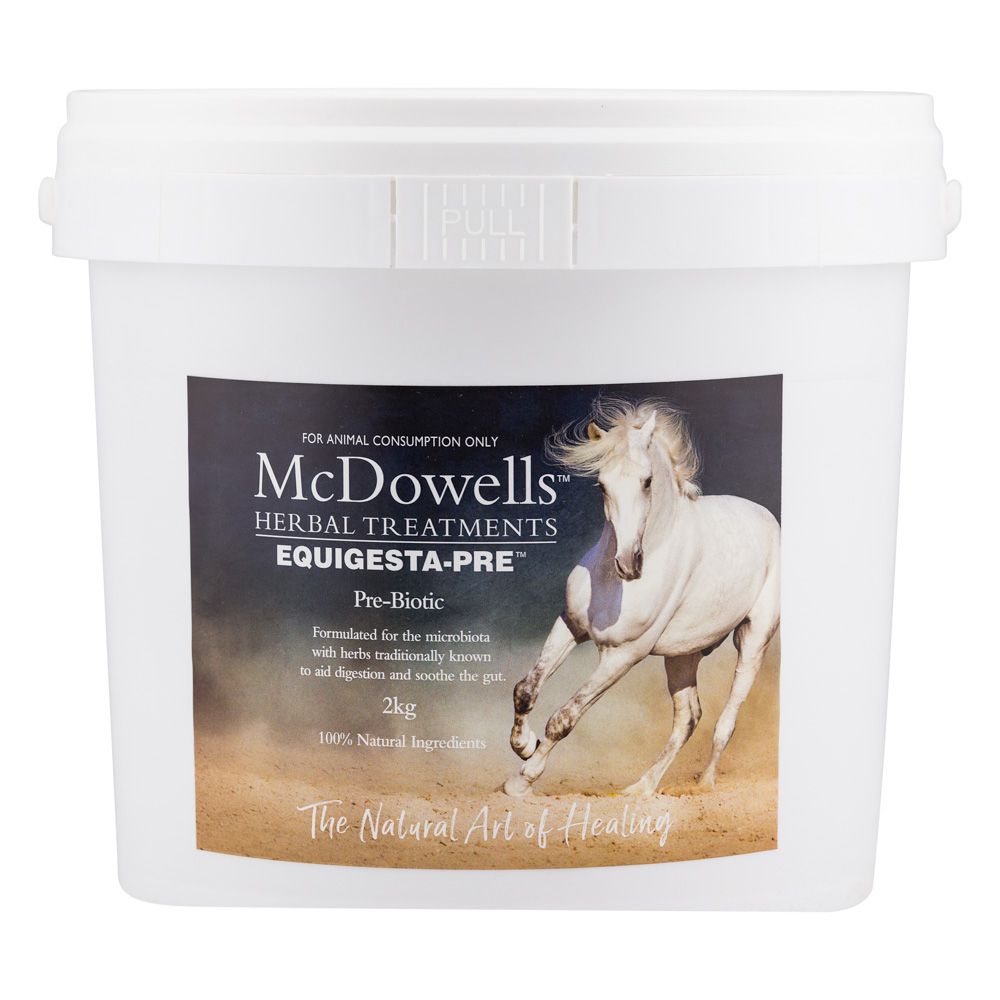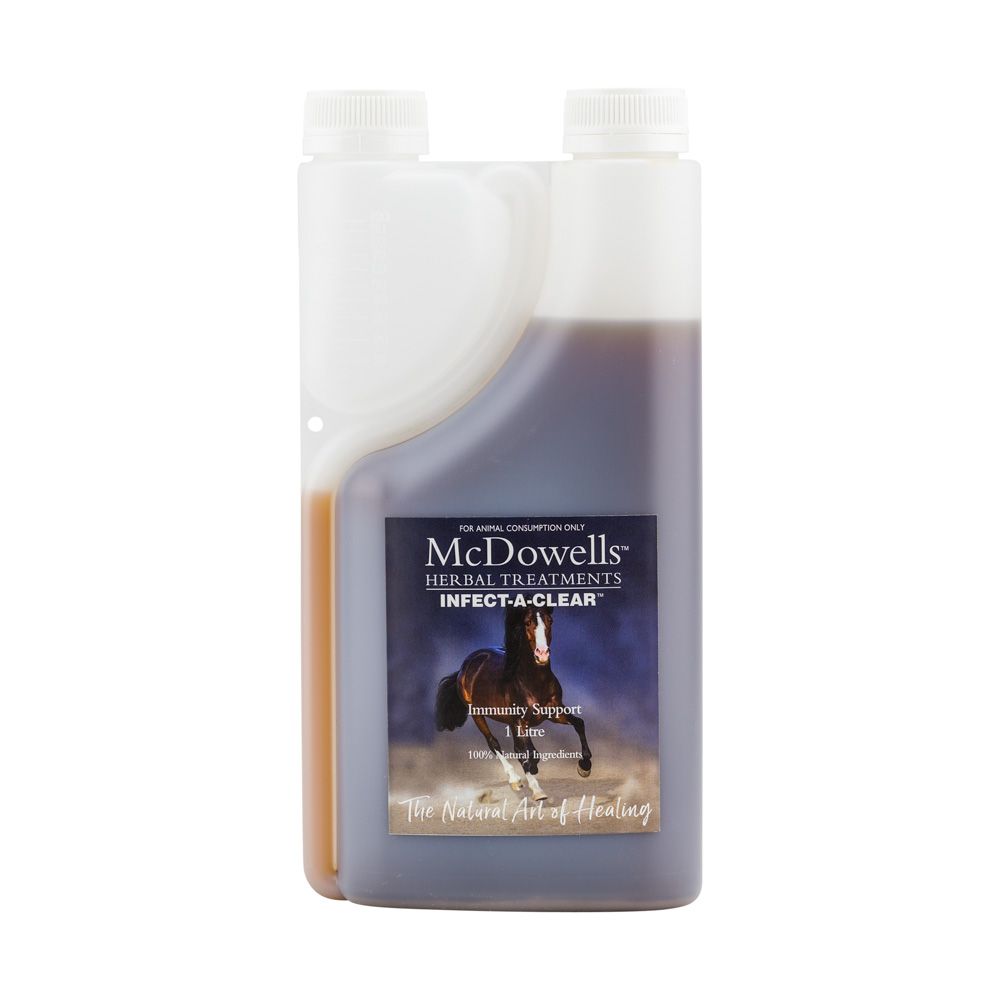Apart from the general disruption that heavy rain and storms bring, flooding can create other issues when it comes to caring for horses. Skin conditions, injuries, contaminated food and water are just some of the challenges...
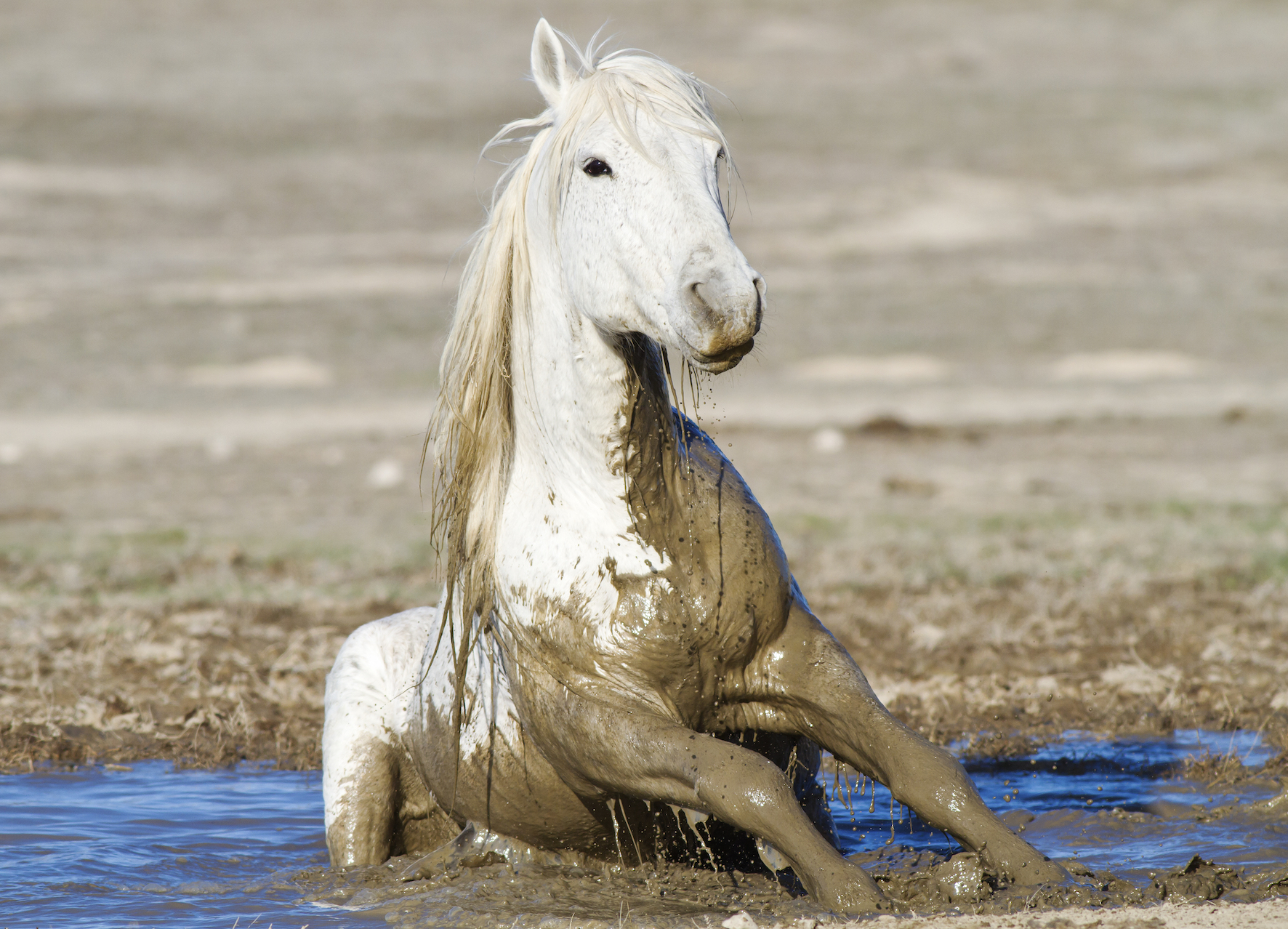
If storms and flooding are particularly bad, stress can be a factor for some horses. The best thing to do is to try to move your horses to higher ground, with better drainage, and keep their routine as close as possible to normal. Make sure there is clean water available, feed that's not been exposed to water and if you can, a dry area to stand.
The effects of the stress can cause ongoing issues. A trauma like heavy storms and flooding can trigger a metabolic/neuroendocrine disorder that may have been 'simmering away' undetected. These might take 4-6 months to show up. I would go with something like perform-a-calm, or a conditioning mix just to rebalance them. The chamomile in the equigesta-pre will be good for this, but some horses may need some extra support. Especially horses that are more highly strung at the best of times.
Pasture and paddocks
Flooding can bring a multitude of issues for paddocks. Deep mud can pose a hazard for a horse; if they get stuck they can pull tendons, fracture a limb or seriously injure themselves by struggling in deep, sticky mud.
The first thing to do after heavy rain is to check the area for any physical damage and debris. Remove any rubbish, check fencing (posts and wire), look for any erosion and sink holes. Scrub, disinfect and dry buckets and troughs (and ensure they are rinsed well).
Continual wet and boggy pastures can create mould and spore blooms that cause other issues like mycotoxin. Mycotoxins is a toxic produced by a fungus.binder may be needed. We suggest using zeolite as a mycotoixin binder,
Skin and hoof conditions
Horses forced to stand in flooded pastures are prone to develop thrush, abscesses and greasy heel. Frequent observation and care of feet are critical in these environmental conditions. Excessive rain can cause rainscald, mudfever, foot problems.
Some horses may develop dermatitis (skin infection) and cellulitis (limb swelling) from standing in contaminated water for long periods of time, which can become more serious. such as septic arthritis and lameness if not treated appropriately. Cellulitis will appear as swelling and heat in affected areas and the horse might be lame and sore. Fungal infections on the skin can also appear (4).
Once the storms have passed your horse should be decontaminated by bathing with medicated shampoo to clean toxins, debris or microorganisms from his skin. This is a good opportunity to inspect the horse and look for any injuries, bumps, strains and skin issues. Debris and mud should be picked out of hooves and the hooves inspected closely (4).
Disease and illness
Contaminated water can spread waterborne illnesses such as leptospirosis. If your horse's drinking water has been affected by flooding or high water levels, have the water checked and analysed. Horses that have ingested contaminated water may develop gastrointestinal issues, diarrhea or other forms of colic or systemic toxemia (sepsis). Common signs include lethargy, inappetance, colic and fever and diarrhea.
Some horses that have been caught in flood water will have gone through a big thermal stress, and some may have experienced hypothermia if stuck in running water. This takes a lot of energy and reserves from the body to maintain their core temperature. The McDowells Conditioning Tonic will be good for recovery for this.
Be aware of unusual nasal discharge, coughs, ocular injuries, lethargy, high temperatures.
Hoof and leg issues
Standing in mud or water for long periods can bring on issues like thrush, soft soles and sloughing of the frog, which may bring on other hoof problems like laminitis. 'Pulled' shoes are common, along with abscesses, bruised soles, and white line disease (anaerobic bacteria or fungi). Farriers see more coffin bone fractures during this time. They believe that the feet sinking into very deep mud can contribute to this.
Injuries
Horses often experience puncture wounds in muddy and poorly drained areas. These wounds may go unnoticed if the horse's legs are caked in mud.
Damp or mouldy feed
It is imperative to keep feed, hay and supplements out of water and as dry as possible. Hay that has been sitting in (or close to!) flooded area (or even damp) should be disposed of and never given to horses. Horses that consume moldy hay or feed as result of flooding conditions may be prone to colic and digestive issues (4).
McDowells suggestions
Equigesta-Pre
It is imperative that your horses GIT is still being protected and microbiota restored. Equigesta-Pre contains a combination of pure herbal powders, brewer's yeast and bentonite clay. Traditionally this combination has been used to aid and promote beneficial intestinal microorganisms.
Infect-A-Clear
The herbs in this mix are given stimulate the horse’s own natural elimination which may help to clear metabolites, thereby improving the immune system's response. Robust immune systems routinely eliminate infective and metabolic waste as part of a healthy system. A system that is overloaded with inflammation, infection or metabolic waste has a much harder time recovering.
Midge-A-Way
Midge-away has been developed in response to the increasing demand to have insect repellents that are 100% chemical free. This product can be used pre and post ride to deter annoying flying insects. Can also be used as an environment spray in the stable area.
Hoof Heel
This oil-based treatment is a mixture of herbal oils and extracts which heats and brings circulation to all tissue and bone in the area. It assists with healing both bones and ligament attachments and any other damage, while improving circulation dramatically and reducing inflammation.
Conditioning Tonic
The herbs in this formulation have been traditionally used and prescribed for rehabilitation in horses which have suffered a major health breakdown, suffered poisoning, snake bite or have, for other reasons, developed liver or kidney damage or are recovering from a major illness, surgery or accident. The tonic may protect your horse from repercussions and relapses during recovery. Spelling time may also be reduced dramatically.
Perform-A-Calm
This tonic is formulated with herbs that have traditionally been used to nourish and calm the nervous disposition of horses that seem to be overly anxious in their home or when introduced to new stimulus or stressful situations.
We recommend contacting a McDowells practitioner to get more personalised advice on your horse's needs. There could be longer term health issues, behaviour and stress response issues that come from this. CLICK HERE FOR A FREE INITIAL CONSULTATION
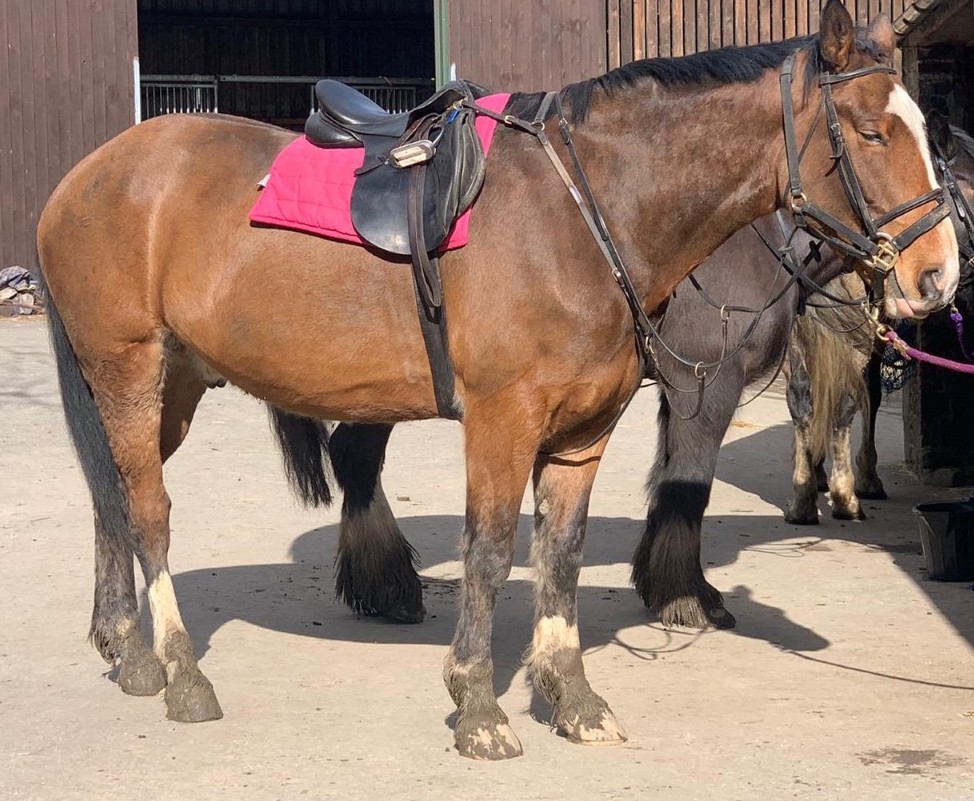
References
(1) Horse Care and Management Tips formFlooded Areas.
by L. A. Redmon, D. H. Sigler and T. B. Hairgrove
(2) Flood Injuries in Horses by Neely Walker
https://www.lsuagcenter.com/profiles/kkramer/articles/page1479766645668
(3) The Trouble With Mud. by Heather Smith Thomas
https://thehorse.com/111911/the-trouble-with-mud/
(4) Flood Injuries in Horses - Neely Walker
https://www.lsuagcenter.com/profiles/kkramer/articles/page1479766645668

